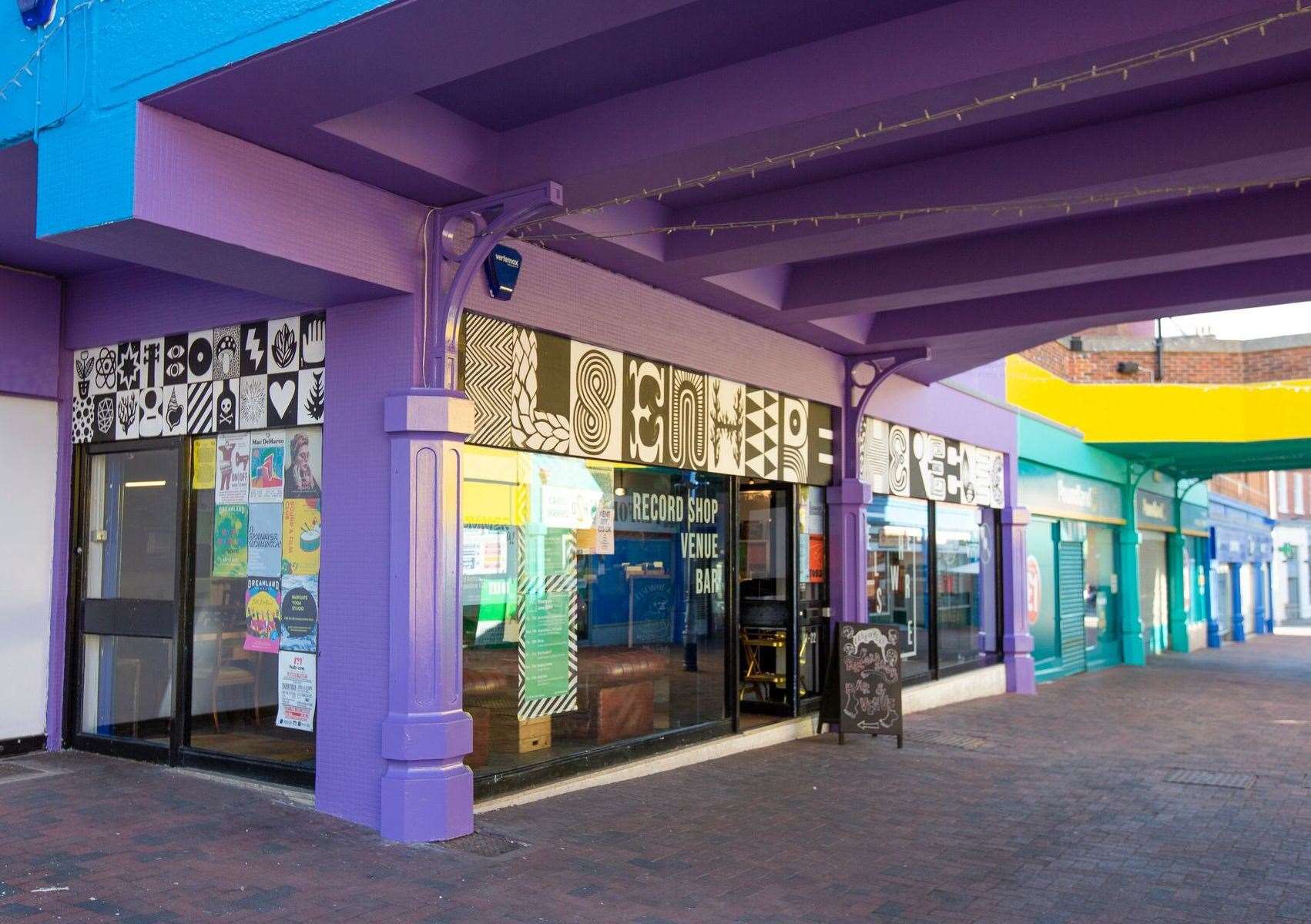

It was the second industry - after pornography - to be smashed asunder by the disruptive force of the internet, with all the old certainties swept away. Music should be seen as a model of the digital age. "This is the difference between what is happening here and the double-digit declines in markets such as the US and Spain." But Will Page, chief economist at the Performing Rights Society, puts it down to the BBC, binding the nation together and providing so many layers of support across a myriad of platforms. And as a country, we are open to new ideas and cultures. So why is Britain doing comparatively well, even increasing its share of the US market? It is, of course, a creative industry that we have excelled at from the start. The unlikely godfather of this new economy is Trent Reznor, who used his close relationship with fans to give away an album, then made more than £1 million in a weekend selling extra tracks, deluxe and signed editions. Today, a band can release twice this, with old-fashioned vinyl and cassettes alongside multiple digital offerings. By the time of his second album, four years later, there were 182 products. When the first Justin Timberlake album was released nine years ago it spawned five products: an album, a DVD and three singles. But music itself is flourishing, even as the old models break down and people search for new ways to monetise songs. Everyone has to work harder, move faster and innovate endlessly. They face dozens of new competitors, ranging from coffee shops to mobile phone companies, and there are hundreds of new outlets for music. Now they harp on about piracy, despite evidence that illegal downloaders spend the most money on music. This made them so rich and complacent that they turned down the opportunity presented by Napster - which they could have bought for £10 million to dominate the digital market - and allowed Apple to steal their industry.

The truth is that when a previous new technology called compact discs came along, they drove up margins to milk fans as they repackaged back catalogues. So dry your tears at the thought of all those struggling record companies. The result of such innovation is that British festival audiences rose six per cent last year - quite an achievement in tough economic times with tickets that can cost more than £100. Lovebox, in east London, is typical: started by members of Groove Armada, it has tripled attendance in eight years, offers an eclectic line-up for the iPod generation and last year added a third day. Many are expanding their sites and extending their duration. New West End Company BRANDPOST | PAID CONTENT.


 0 kommentar(er)
0 kommentar(er)
